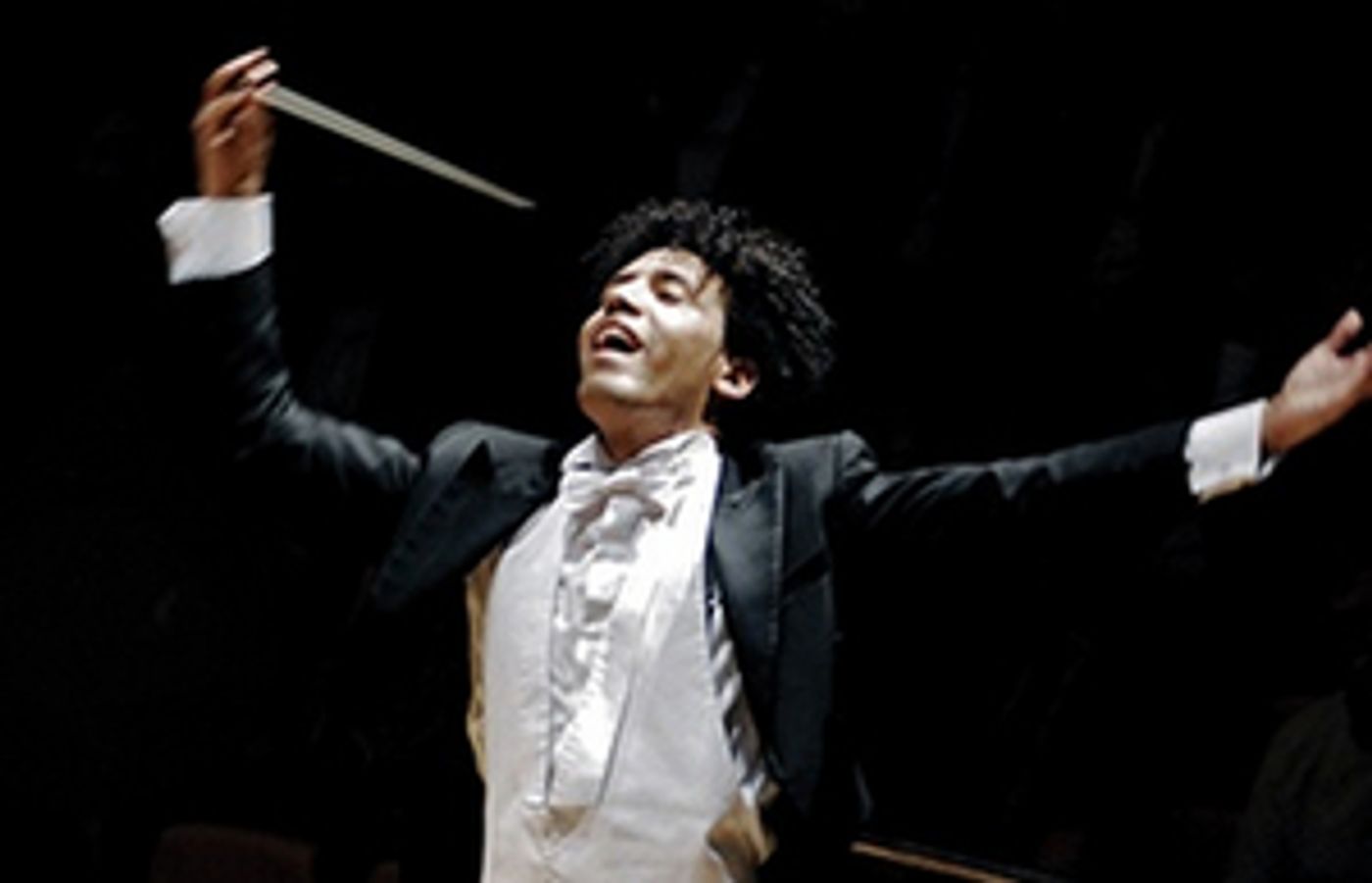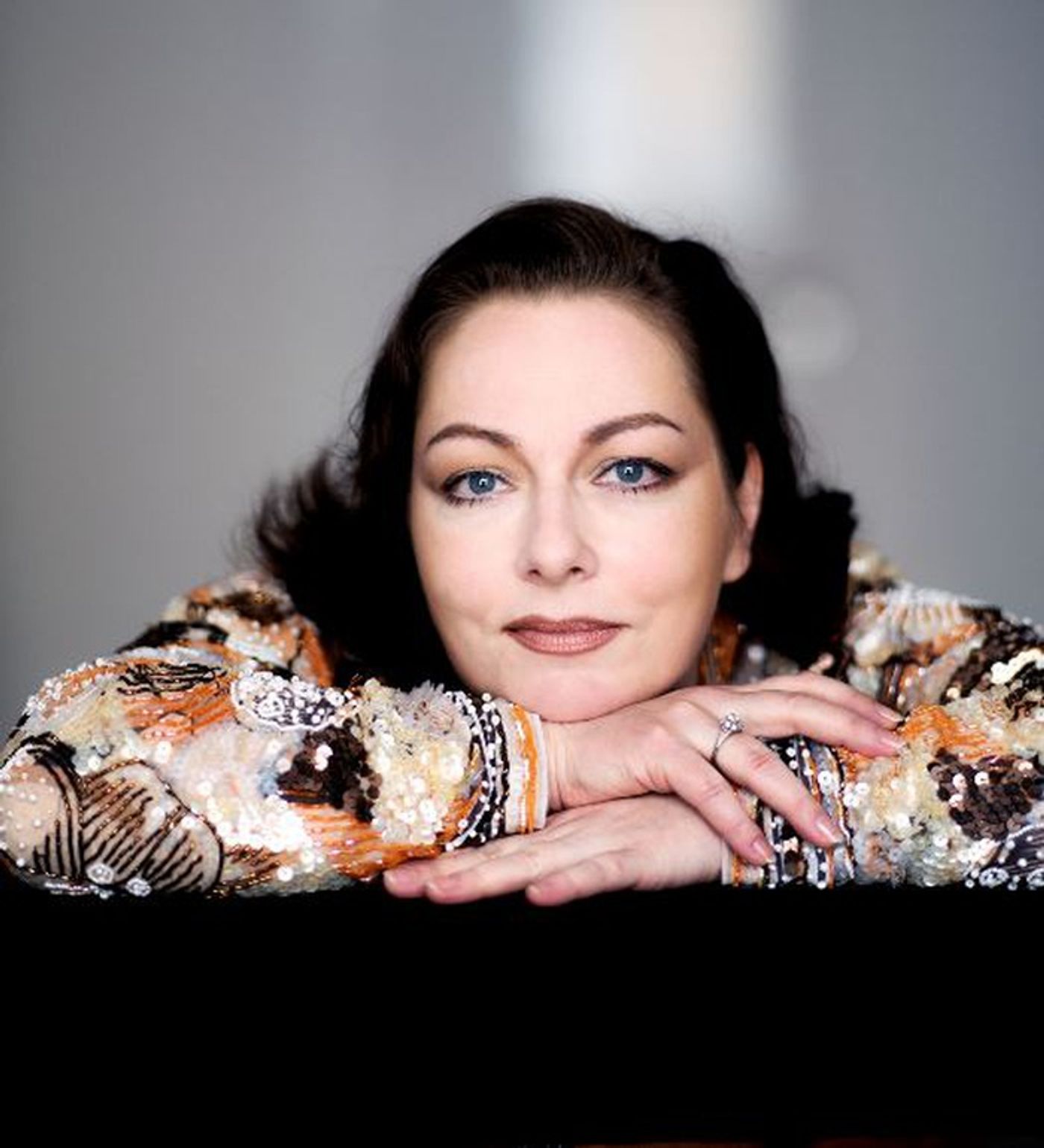Review: PAYARE AND SAN DIEGO SYMPHONY CONTINUE BEETHOVEN CELEBRATION at The Jacobs Music Center

The programming for Rafael Payare's first season as the San Diego Symphony's music director and conductor anticipates next year's celebration of the 250th anniversary of Beethoven's birth. The schedule includes four symphonies, three concertos and an overture by that great composer. The entire second half of this Friday's concert was devoted to his third symphony, the "Eroica." That symphony was preceded by Mozart's 35th, the "Haffner," and Mahler's orchestrations of five of his own songs.
Payare slashed the usual modern orchestra size by roughly 30 musicians for the "Haffner." The resulting section balances were closer to what composers such as Mozart and Haydn would have expected. Mozart especially admired the quality of the similarly sized orchestra of the Mannheim court, one noted for the quality of its playing. I doubt that Mannheim could have bettered the stylish elegance, clarity and precision of Payare's interpretation. Agile and playful in the quick outer movements, in the middle two Payare suggested the stately gallant style popular with Mannheim composers such as Stamitz and Cannabich, a good friend of Mozart's. It was an immensely satisfying performance.
Jump ahead a few centuries to Mahler's five orchestral settings of poetry by the 19th-century German poet Friedrich Rückert. No down-sized orchestras for the flamboyant Mahler, even when accompanying poetry of often tender feeling and

quiet mystery. German soprano Dorothea Röschmann, a Grammy winner in 2017, is more than a match for the wide emotional and vocal ranges of Mahler's settings, but at times didn't project well into the hall during the opening "Look not into my songs." However, voice and accompaniment did blend exceptional well in the remaining four songs but for a brief moment moment in the third, "At Midnight," when a powerful orchestral climax overcame her voice despite its strength.
The "Eroica" is one of Beethoven's most popular symphonies and at roughly 45 minutes, one of his longest works. Originally intended as a tribute to Napoleon, Beethoven changed his mind when the successful general, instead of continuing as a seeming champion of the people, declared himself emperor. Perhaps Napoleon would have retained Beethoven's admiration had he used today's more devious political routes to dictatorship.
The "Eroica" was destined to succeed in any event, and Payare's interpretation showed why from the emphatic opening hammer-like blows to the heroically triumphant closing bars. The funeral march of the second movement was appropriately somber in tone without overstaying its welcome. The hunting-horn motifs of the following lively scherzo were stirring and flawless, and the finale's varied moods were a showcase for the orchestra and its exciting new conductor.
Audience reaction to Payare remains strongly favorable. His often acrobatic conducting, possibly distracting to the curmudgeonly, seems spontaneously choreographed to match the emotions the composer meant to evoke, thereby reinforcing the music's effectiveness. My reaction is one of jealousy though, since decorum prevents me from conducting along with similarly uninhibited abandon.
Payare and the Symphony's season is just getting started. For schedule and ticket information visit the San Diego Symphony website.
Photos compliments San Diego Symphony.
This concert was presented by the San Diego Symphony at the Jacobs Music Center in San Diego on Friday, November 8, 2019.
Reader Reviews
Videos

